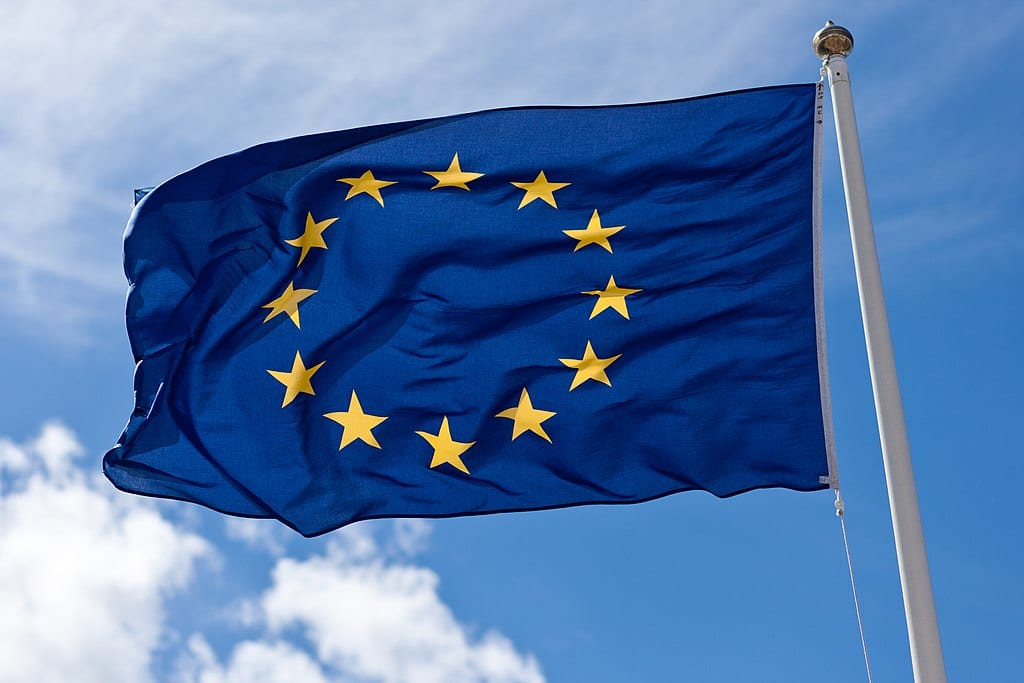
Trafficking in human beings: protect women and children and focus on sexual exploitation
On Wednesday, MEPs proposed a series of measures aiming at preventing and combating trafficking in human beings and supporting, assisting and protecting its victims.
In an own initiative report adopted with 80 votes to 10 and 10 abstentions, MEPs of the Civil Liberties and Women’s Rights and Gender Equality committees call for a comprehensive, gender and victim-centered approach to trafficking, underlining the need for comparable and detailed data around its scale and trends in the EU.
Trafficking in human beings for sexual exploitation
Sexual exploitation remains the most prevalent and reported form of trafficking in the EU. It disproportionately affects women and girls and reflects how trafficking for sexual exploitation is rooted in gender inequalities. The report calls on the Commission to amend the anti-trafficking directive to ensure that member states explicitly criminalise the “knowing use of services” provided by victims of trafficking.
Asylum and migration
Asylum-seekers, refugees and migrants, especially women and unaccompanied minors, are vulnerable to trafficking. The text highlights the very low number of registered victims in international protection procedures and calls on the national authorities to ensure that anti-trafficking and asylum procedures are interconnected.
Further, the non-legislative resolution:
- Notes that children constitute nearly a quarter of all victims, calling on Member states to ensure strong child protection measures;
- Underlines the use of internet, social media and digital technologies to recruit victims of trafficking and calls on the Commission to address the use of online technologies in both the proliferation and the prevention of THB;
- Calls on the Commission to publish a specific and dedicated EU Strategy towards the Eradication of Trafficking in Human Beings without further delay;
- Warns that the situation of trafficked victims has worsened since the beginning of the COVID-19 crisis and that support services have encountered difficulties to assist them.
Read more here.
